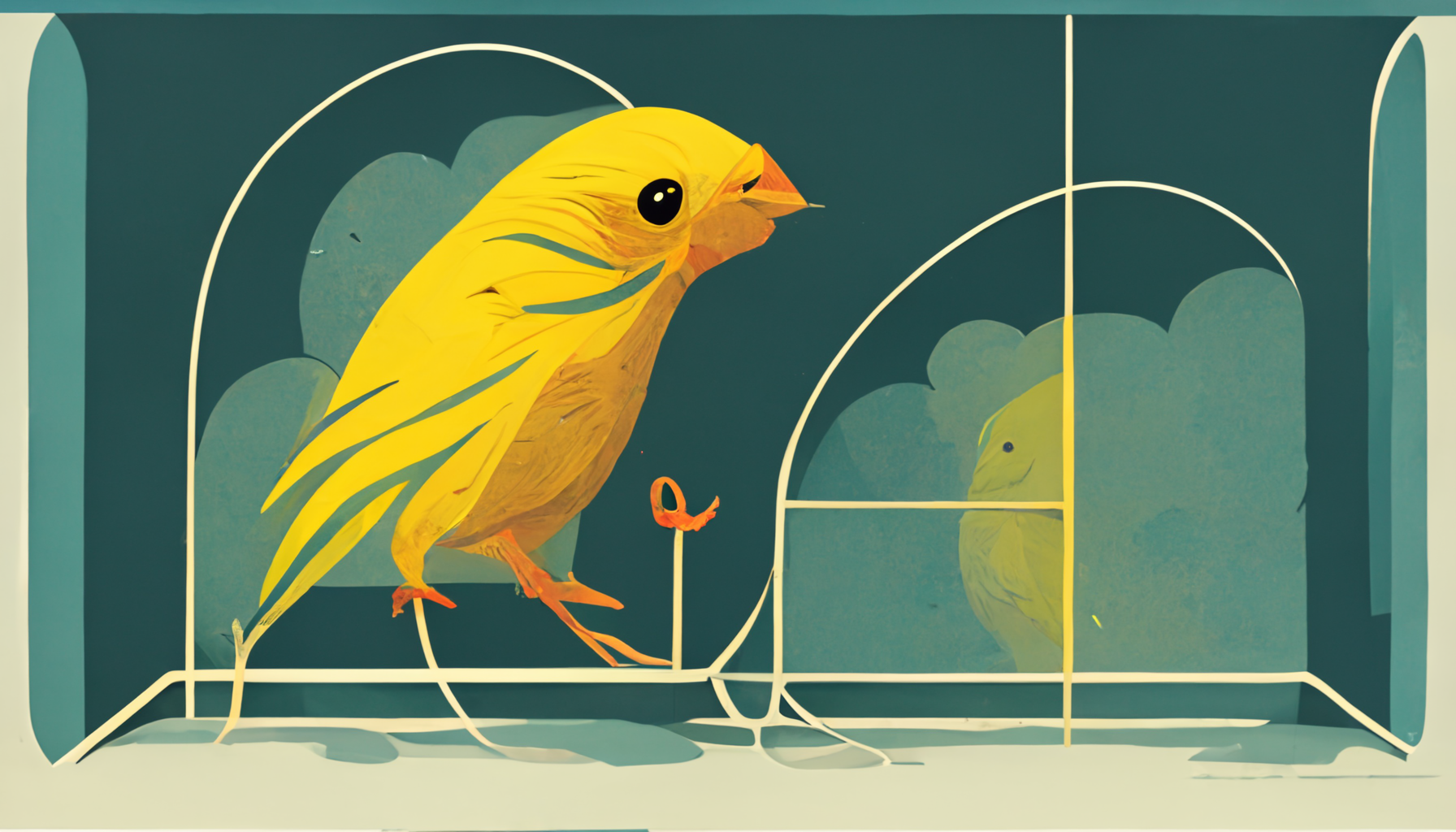
The Canary becomes a flock: left-wing site reforms as a workers’ co-operative
The politics site's former management is gone, and the staff are now collectively running the title. Can they align their business model with their values?
In a move that feels incredibly on-brand, left wing politics and news site The Canary’s editorial team have executed a coup, and taken over the title as a worker’s cooperative. From their post announcing the move:
The reason we’re still here is because we all believe in the need for a radical media that isn’t afraid to speak truth to power, amplify the voices of the oppressed, and envision a world beyond capitalism and the state. However, radical media needs to be a microcosm of the world in which we want to live. It needs to be worker-run and truly democratic.
The bosses are gone! We are relaunching today as the Canary Workers' Co-op. Keep an eye out for updates throughout the day as we share the story of what came before, who we are now, and where we go from here.
— Canary (@TheCanaryUK) October 3, 2022
Get the full story at https://t.co/CzUpNKnsEV #CanaryWorkersCoop pic.twitter.com/LsIQrHlMU4
They’ve run a series of posts examining the problems within their own organisation under the previous management which led to this move. Some allegations are, well, eyebrow-raising:
Not only was the Canary being run as a corporate capitalist entity with directors receiving far more in wages and benefits than other staff members, it was also being done incompetently, with potentially multiple breaches of companies law.
How did that management failure manifest? As Press Gazette’s Bron Maher reported this morning:
The 15 staff now in control of the business say they have been left owing “tens of thousands of pounds in unpaid VAT” and £14,000 in employer’s national insurance payment liabilities.
Managing a publication with sociocracy
So, how does a workers’ cooperative manage a news title?
Because we’re registered as a cooperative within UK law, our primary rules need to be written in a certain way, and meet certain criteria. However, we want the way we operate in practice to mirror a deeper radicalism and militancy. As such, the way that the Canary operates as a co-op – and a sociocracy – will be an unfolding process defined by the decisions we make day to day as a collective. We will work hard to ensure that what we create is an empowering expression of our collective vision.
What, you may ask, is a sociocracy? Here’s a definition:
Sociocracy combines consent decision-making, a decentralized system of authority and intentional processes to improve our decisions and processes over time into a governance system that supports effective and efficient process while increasing connection, listening and co-creation among members.
And here’s a video explainer:
It’s one of a new breed of corporate management styles that eschew traditional hierarchies for other organising principles. For example, there’s also holocracy, which was really popular about a decade ago.
A canary in the alternative business model coal mine
Will this work? I have no idea. For this to work, they need to marry their internal reorganisation with a business model — presumably a better-run version of their existing membership approach — to deliver something that’s sustainable. That’s no easy task, especially with debts from the former management hanging over them.
But it’s interesting to see a media outlet adopting a management and ownership style that reflect its political ethos. And, even if you don’t share the site’s politics, it’s hard not to be excited by a brave and public move like this.
More power to them.
Sign up for e-mail updates
Join the newsletter to receive the latest posts in your inbox.










